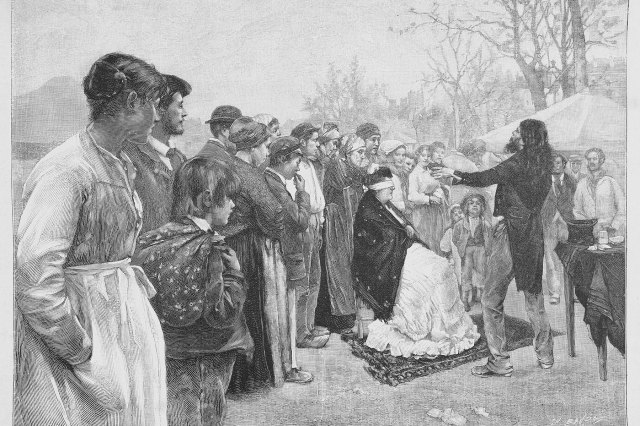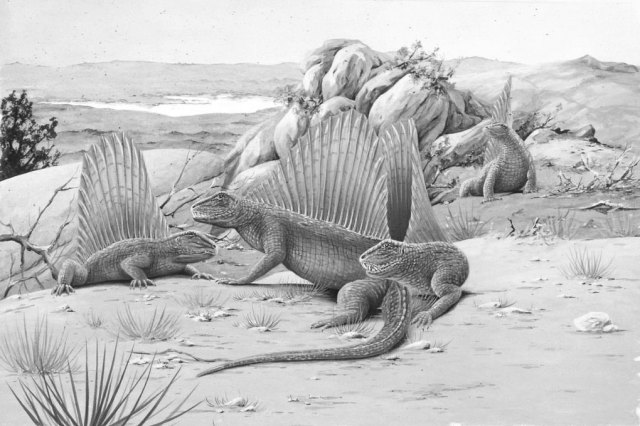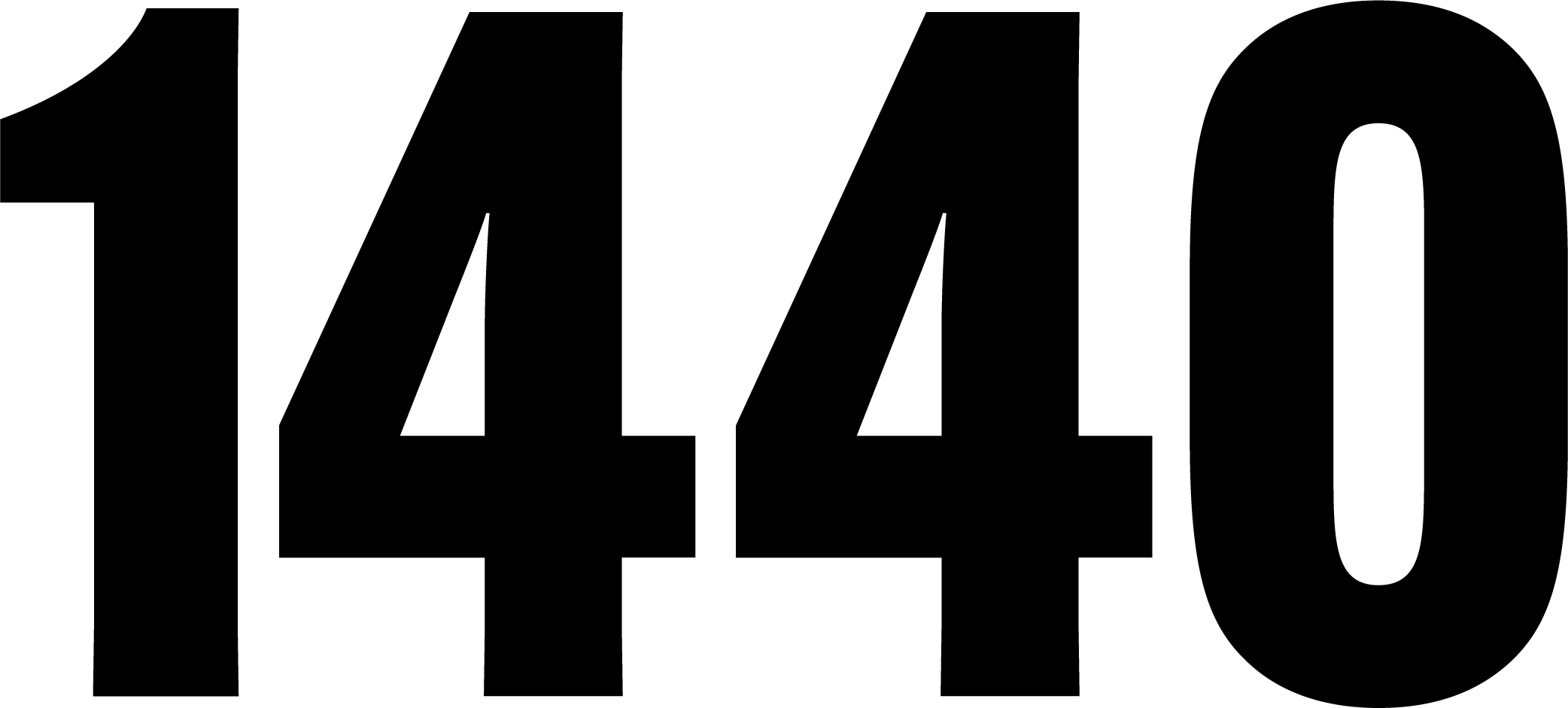| The first dictionary of modern English, A Table Alphabeticall, was published in 1604, just a handful of years after William Shakespeare's Romeo and Juliet. Containing only about 3,000 words with simple definitions and no references or word origins, the dictionary was the sole work of Robert Cawdrey, an English schoolmaster and clergyman. Cawdrey set out to provide a text where readers "may more easily and better vnderstand many hard English wordes, which they shall heare or read in the Scriptures, Sermons, or elsewhere." This dictionary was the first attempt to catalog words found in modern English, as opposed to Middle English, which preceded it. So many innovations occurred in the language in the 15th century — including pronunciation, spelling, grammar, and vocabulary — that it's likely that Shakespeare would've had as tough a time reading Geoffrey Chaucer (who wrote The Canterbury Tales in Middle English) as we do today. Although Cawdrey's work was a valiant first attempt, many English dictionaries have been written since, and the latest Oxford English Dictionary contains more than 170,000 words in total. |















No comments:
Post a Comment